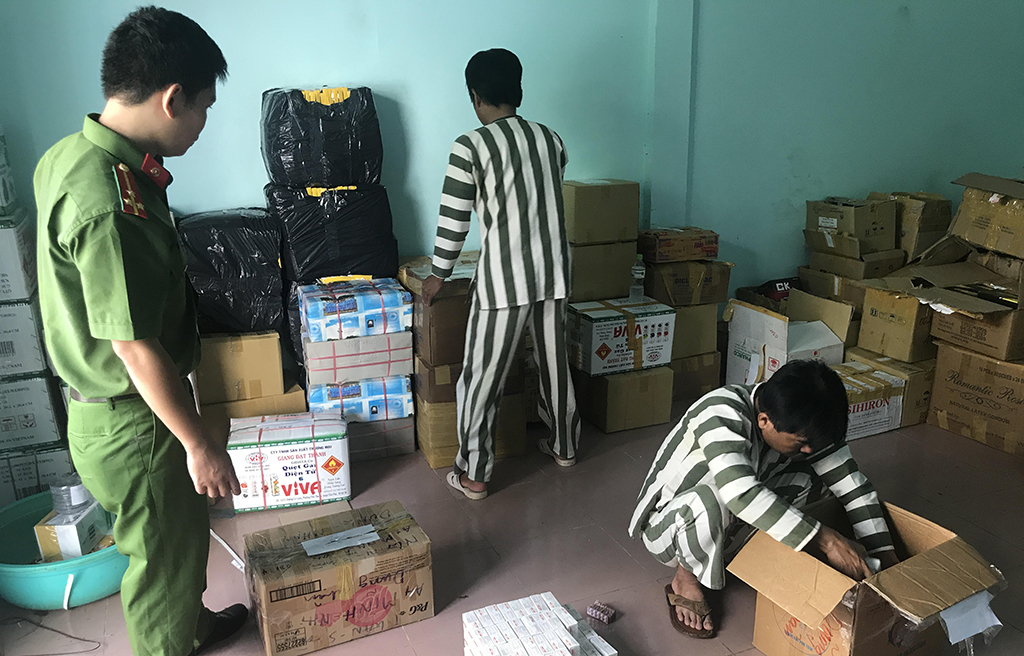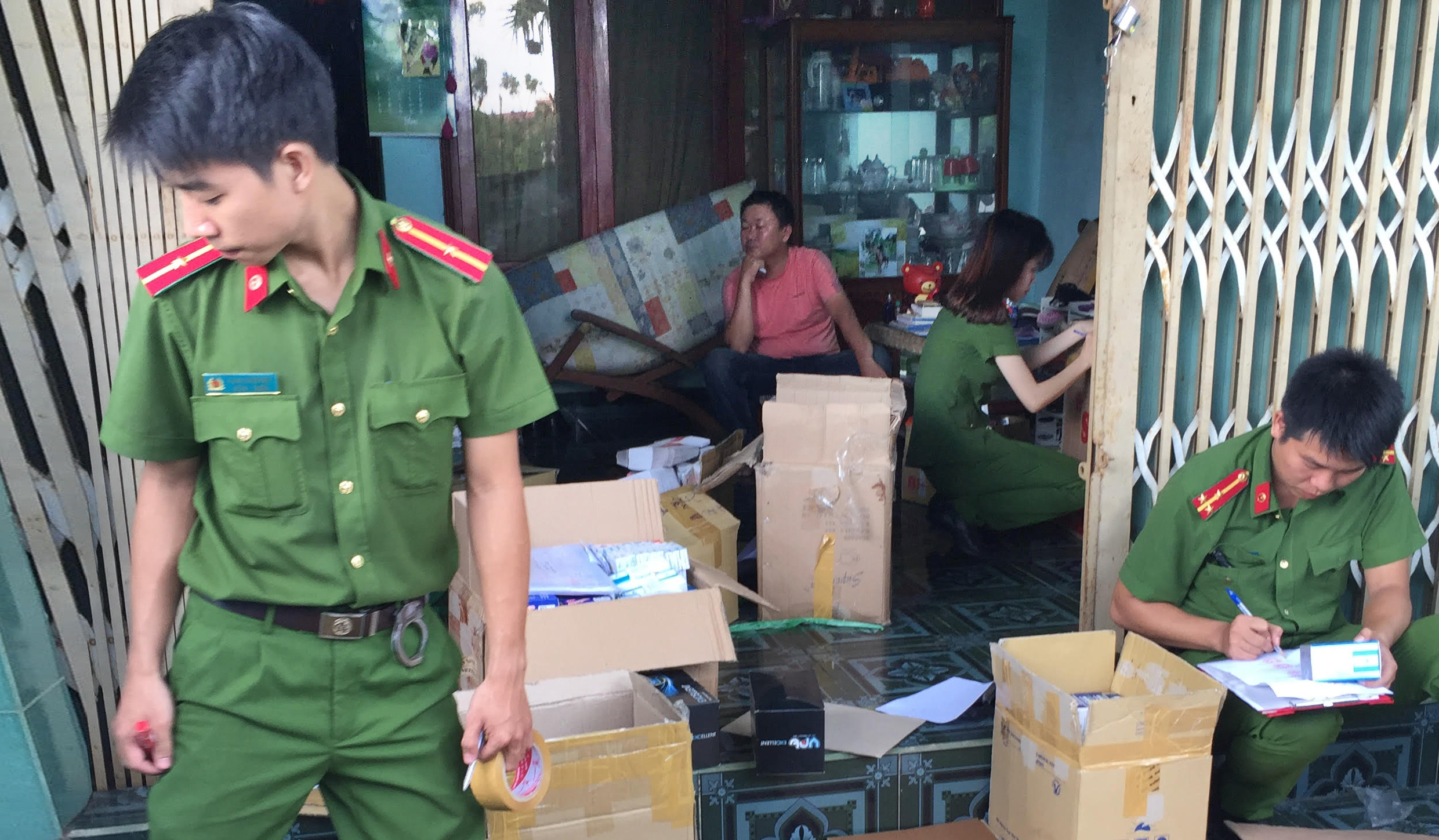Counterfeit medicine has become a serious problem in Vietnam, mushrooming to a level beyond the mitigating abilities of authorities.
The situation became apparent when government inspectors caught several institutions producing and trading fake drugs across the country, stirring public concern.
In August, the Ho Chi Minh City Department of Police discovered fake boxes of Fugacar being sold at several pharmacies in the southern metropolis.
Fugacar is produced by Belgium’s Janssen Pharmaceutical N.V. for the treatment enterobiasis and similar worm infections.
Unfortunately for consumers, signs of counterfeiting can only be spotted when comparing bogus products with real medicine.
Following the discovery, the Drug Administration of Vietnam forced an end to the distribution of the fake medicine.
The drug administration also announced a ban on the sale of fake Vastarel 20mg on April 10 and counterfeit Prednisolon 5mg in December 2016.
The agency issued similar warnings for bogus drugs in March 2015 and December 2014.
The recent trial of Vietnamese pharmaceutical firm VN Pharma for importing and distributing fake cancer medicine revealed that the company had forged several document regarding its products.
On October 6, the drug administration ended the distribution of six other medicines, including Beecerazon, Emileva, Beeceftron, Perikacin, Samik Amikacin, and Hepa-World, after identifying incorrect information on their registration papers.
Though banned, consumers still fear that these drugs might still cause harm to anyone who purchased them since their first distribution in Vietnam in 2013.
 |
| Police break up a ring that manufactures fake medicine in Ho Chi Minh City on September 20, 2017. Photo: Tuoi Tre |
Limited management
One of the reasons behind the improper management of fake medicine in the country is the limited ability to inspect these products.
The National Institute of Drug Quality Control stated it is only able to examine 500 out of the 1,000 active ingredients used in medicine sold in the local market.
This means that there is still the potential for counterfeit medicine to be distributed in the country.
An increasing number of new types of medicine, with new ingredients and production methods, are being introduced, the institute stated, adding that it is difficult to control the drugs given the currently insufficient equipment and reference material.
A lack of human resources also poses challenges for the inspection of medicine, it added.
There are over 170 pharmaceutical factories, 3,000 companies, 9,000 pharmacies, and 12,000 private clinics across Vietnam.
Meanwhile, only about 2,100 are tasked with examining the medicine available on the local market.
Like us on Facebook or follow us on Twitter to get the latest news about Vietnam!





















































